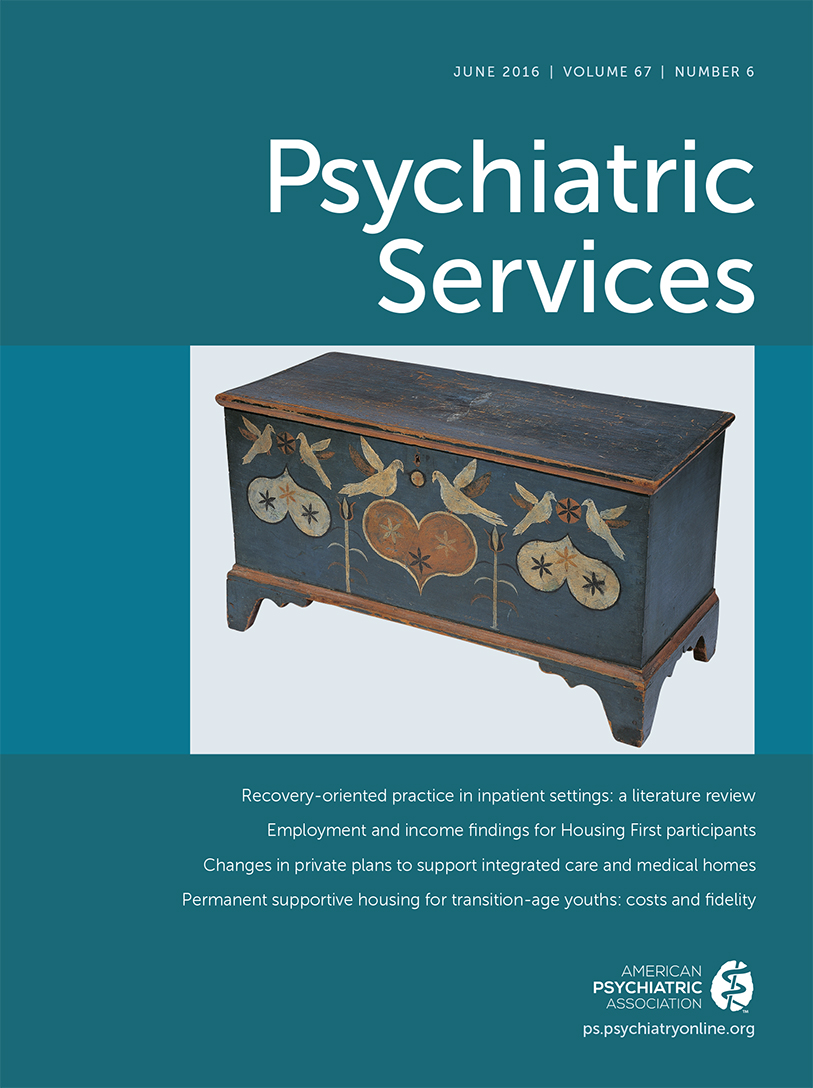Behavioral Health Services in the Changing Landscape of Private Health Plans
Abstract
Objective:
Health plans play a key role in facilitating improvements in population health and may engage in activities that have an impact on access, cost, and quality of behavioral health care. Although behavioral health care is becoming more integrated with general medical care, its delivery system has unique aspects. The study examined how health plans deliver and manage behavioral health care in the context of the Affordable Care Act (ACA) and the 2008 Mental Health Parity and Addiction Equity Act (MHPAEA). This is a critical time to examine how health plans manage behavioral health care.
Methods:
A nationally representative survey of private health plans (weighted N=8,431 products; 89% response rate) was conducted in 2010 during the first year of MHPAEA, when plans were subject to the law but before final regulations, and just before the ACA went into effect. The survey addressed behavioral health coverage, cost-sharing, contracting arrangements, medical home innovations, support for technology, and financial incentives to improve behavioral health care.
Results:
Coverage for inpatient and outpatient behavioral health services was stable between 2003 and 2010. In 2010, health plans were more likely than in 2003 to manage behavioral health care through internal arrangements and to contract for other services. Medical home initiatives were common and almost always included behavioral health, but financial incentives did not. Some plans facilitated providers’ use of technology to improve care delivery, but this was not the norm.
Conclusions:
Health plans are key to mainstreaming and supporting delivery of high-quality behavioral health services. Since 2003, plans have made changes to support delivery of behavioral health services in the context of a rapidly changing environment.



